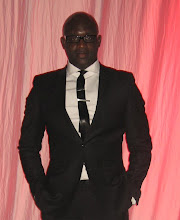I believe that all learners have their own unique perspective, experience, and learning style, and that will affect how they finally understand. I would like to start this blog off asking a question: how does learning really change the brain? This first web-blog (http://www.funderstanding.com/content/brain-based-learning) in summary focuses on brain-based learning: a learning theory that is based on the structure and function of the brain. As long as the brain is not prohibited from fulfilling its normal processes, learning will occur. The continues the suggestion, that everyone learns; however, at an individual's pace and experience.
This next site (http://www.aarp.org/health/brain/works/what_is_learning.html) suggests, as we learn, our brains adapt to reflect the new information we feed them: our brains' ability to adjust their structures to reflect life experiences (scientists call this "plasticity") is what enables us to learn—and to change our brains by learning.
While extracting information from both sites and in conclusion compiling the two sources together, I now have a clearer understanding of the learning process.
Let's take for example an newborn/baby: how does a newborn learn information without first having an understanding of how to apply certain capabilities to new conditions etc. . . In order for the brain to process learn, somewhere along the line, a preexisting thought of memory has to be in a storage-bank or foreknowledge of thoughts. The brain essentially organizes itself in accord with its experience to prepare for the future.
So, my question now is: at what stage in our lives does learning (a knowledge of preexisting-stored information) begin, when we don't don;t have preexisting knowledge of information.
Subscribe to:
Post Comments (Atom)




No comments:
Post a Comment